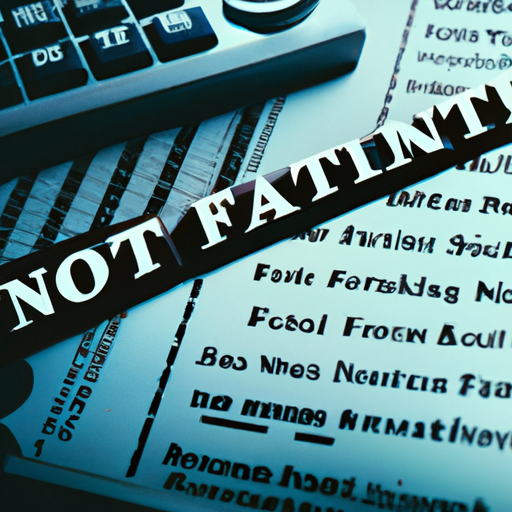A new wave of Covid- is likely to hit Australia this winter, the government assumes in the budget, causing high rates of absenteeism and pressure on supply chains.
It forecasts the economic impact of outbreaks will continue to diminish but raises the possibility of a more bleak outlook if a more virulent variant emerges.
The budget allocates $.bn in – for the response to the pandemic, including $bn for the further rollout of vaccines, $.bn to replenish the stockpile of personal protective equipment and millions more rapid antigen tests for use in residential aged care and high-risk disability care settings.
“Beyond winter, it is assumed that Australia will continue to experience intermittent, localised waves of Omicron, or other new Covid- variants,” the budget papers say.
“However, it is assumed that high vaccination rates and improved medical treatments, together with continued community adaptation to Covid-, will see the economic impact of future outbreaks continue to moderate.”
The budget assumes that public health measures including physical distancing and density restrictions will be relaxed but may be “reimposed in a targeted way” in response to outbreaks.
“These public health measures are not expected to materially affect the economic forecasts,” Treasury said.
But it also considers two alternative Covid scenarios: one negative and one more positive.
In the negative scenario, Australia experiences “a more challenging-than-expected health environment” due to the arrival of a more virulent variant in the middle of , coinciding with the flu season.
As a result, workforce absenteeism would return to levels similar to those experienced in January, while reimposed density limits and reduced social mixing would result in weaker consumption.
This would result in GDP being .% lower, unemployment being .% higher than forecast, and household savings increasing. But Treasury says the impact would be short lived and the economy would rebound quickly, as it has after previous outbreaks, to return to the forecast levels in the first quarter of .
The more positive scenario of an improved health situation would deliver a boost to confidence and greater household spending, leading to an improved economy.
Josh Frydenberg used his budget speech to reassert the Coalition’s commitment to Medicare, in an attempt to head off another “Mediscare” campaign by Labor in the imminent federal election campaign.
The nation’s health budget will top $bn in -, up from $bn a decade ago, driven by rising healthcare costs, the expansion of the pharmaceutical benefits scheme, the response to Covid- and the addition of $.bn over four years for mental health announced in last year’s budget.
Medicare will cost $.bn in -, an increase of $.bn compared with the previous year, reflecting the increased use of doctors and telehealth during the pandemic.
The government noted that telehealth had been the most significant reform to Medicare since its creation and was “the key landmark reform” within the government’s primary healthcare -year plan. Since March more than m telehealth services have been delivered to million people.
The budget allocates an additional $.bn over four years for new medicines added to the PBS, including Trodelvy, used to treat a rare form of breast cancer, saving patients up to $, for each treatment.
“For the first time, this drug gives hope to many young women, extending their life expectancy and providing an opportunity to spend precious time with their loved ones,” Frydenberg said, before relating the story of a woman called Alison, who against the odds was celebrating her child’s th birthday thanks to the drug.
As part of the government’s package to reduce the cost of living the government will also reduce the PBS safety net thresholds so that about . million people will qualify more quickly for free or discounted prescription medicines.
For general patients the threshold is reduced from $,. to $,. and for concession card holders from $. to $..
The government has already announced $.m to support women living with endometriosis. The condition affects about one in nine women, including the prime minister’s wife, Jenny Morrison, who appeared this week on Seven’s Sunrise program to speak about her experiences.


